Only certain apples a day will keep the doctor away - LiA Reflection at Natoora
Greenwashing. As discerning consumers, we’re all hyper-conscious of being marketed to by self-aggrandising companies feigning compassion with true loyalties to nobody but their bottomline.
Before my placement at Natoora, I thought that was the same situation I would be dealing with for my Leadership-In-Action project. A carefully curated Instagram feed to over 100k followers and £10 melons? These were the sorts of organisations for which ‘community’ became a buzzword for SEO optimisation rather than a practice. Needless to say, I was skeptical.
Who would have thought it would only take my first 2 days of working in Natoora’s Branding team to have my mind completely changed. Going into the project, my goal was to understand how social impact messaging could be delivered to a high-end audience who can buy their way out of suffering. After having conversations with people across the company and reading the copy of the book the founder wrote about the food system that I was given, I heard the vision expressed directly from the mouths of those behind it and it turns out, my skepticism was unfounded. I never realised how unnatural it was that our supermarkets stock every fruit and vegetable, regardless of seasonality, all year round. This expectation of constant abundance and availability was not only harming the microecology of our planet, but also the people who consume the produce which suffer compromised nutritional content and flavour. Seek flavour, find nutrition. This slogan of the company started to make a lot more sense to me.
Inspired by this, I shifted gears, making bridging the gap between the mission of those within the company and public messaging my new goal for the placement.
There came my challenge: I hardly knew anything about both the intricacies of the fresh produce market and London’s F&B scene. I was all passion and no substance. I felt severely underqualified in an organisation filled with the likes of former farmers and experts who could dictate through personal experience the commercial transformation of Borough Market and its significance to the city’s wider food scene. As the only intern in an office of 60, it was easy to feel small.
I leant into fear, and instead of seeing myself as the ‘dumbest person in the room’, I saw myself as ‘the person who had the most to learn from others’. I sought podcast recommendations from chefs and found myself learning about British grass. I examined complex charts with the Head of Supply Chain and found myself learning that one of the largest produce markets fueling the city’s F&B industry was nestled a mere 20 minute walk from where I live. I brought home whatever unsold leftovers I could get and found myself experimenting with preparing fruit, vegetables and herbs I’d never have taken the initiative to buy in my everyday life. I visited a farm to weed Rainbow Chard, I filmed street interviews, I assisted photoshoots, I sat across the head chefs of Michelin-Star restaurants pitching our Patty Pans and Ligurian Tomatoes.
Emergency pea delivery: entire office mobilised
(My first meeting at Natoora)
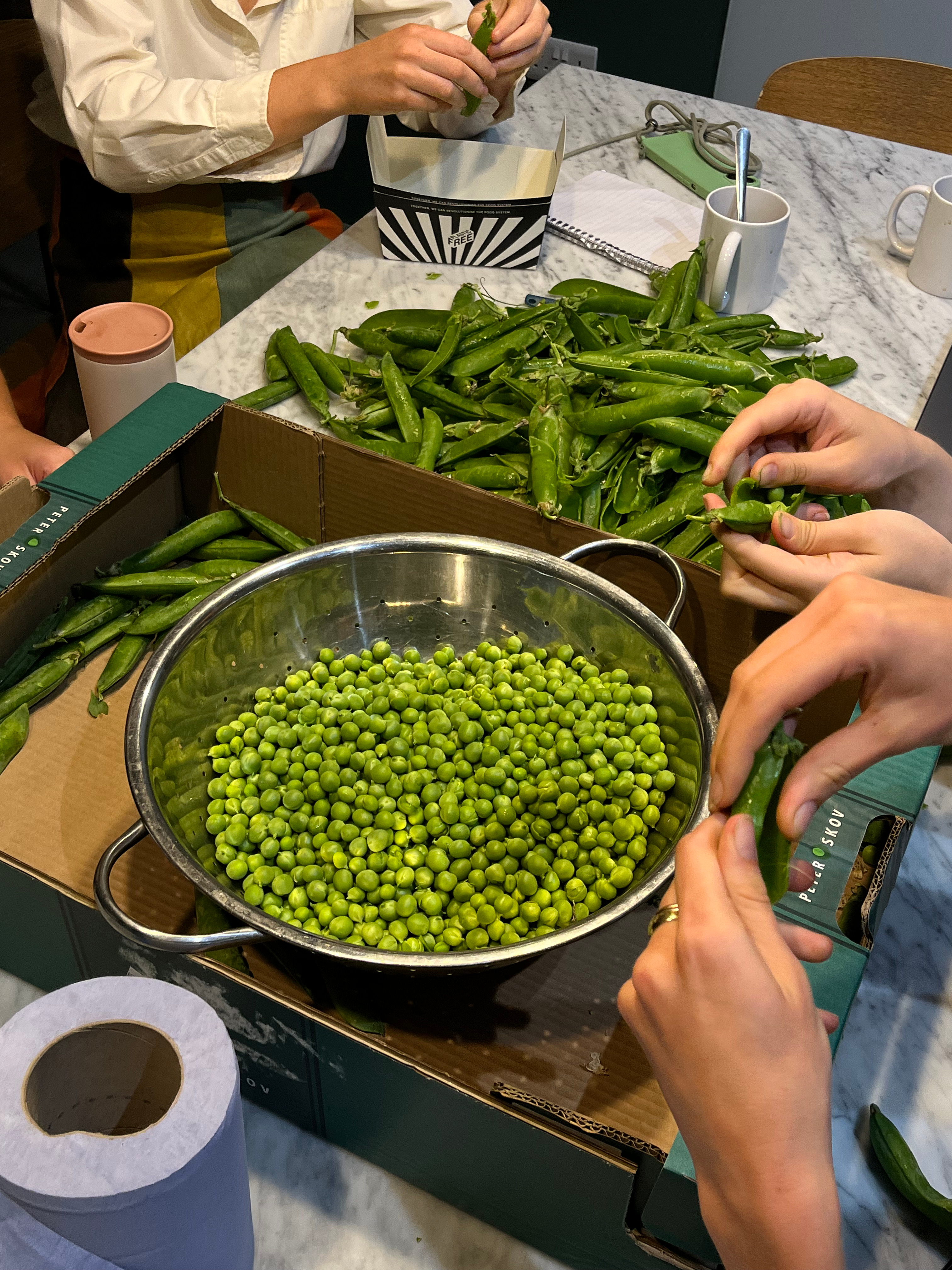
Street interview in East London for our Greta Peaches
(BTS, the final IG reel & the caption I wrote)
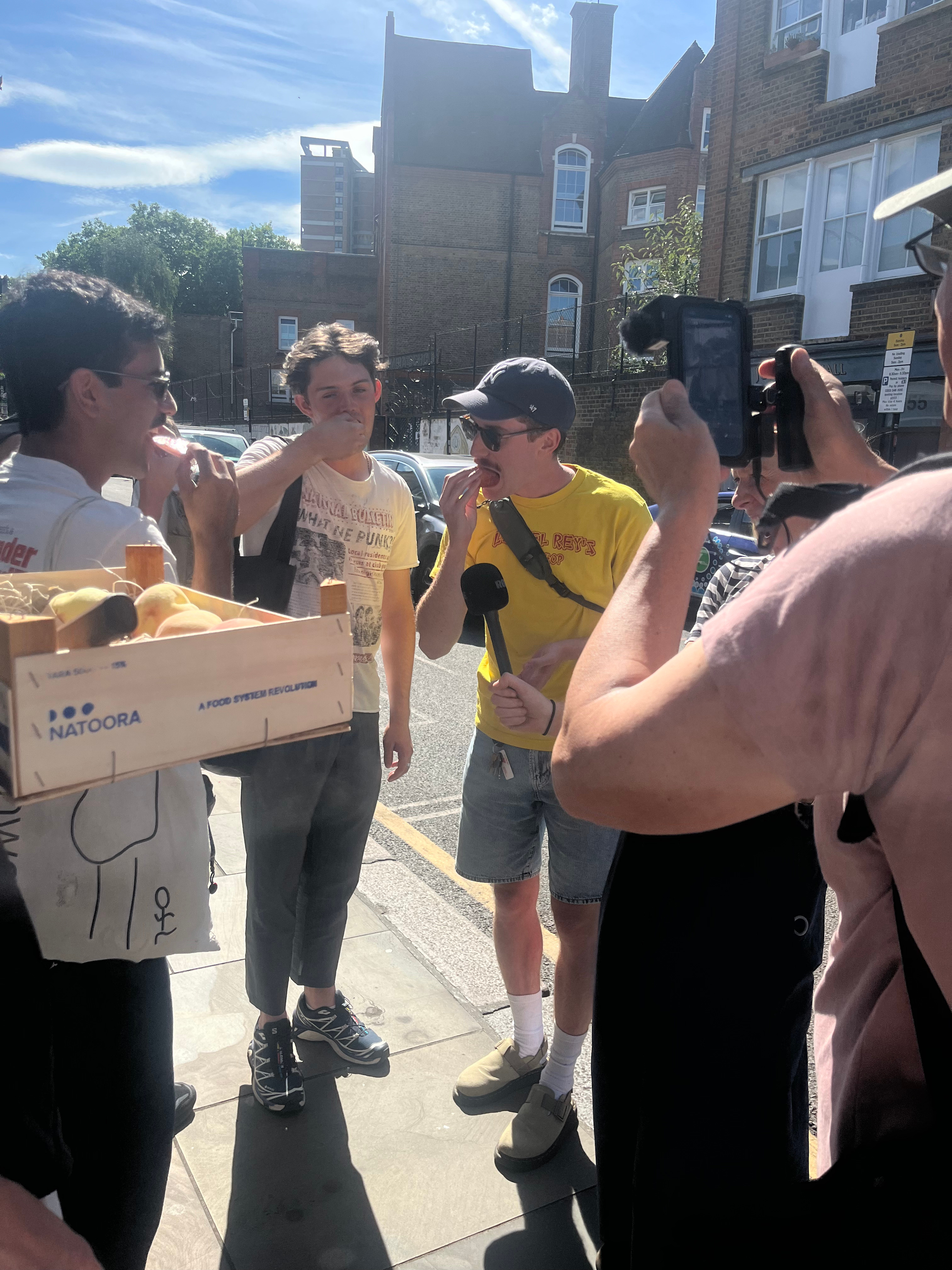
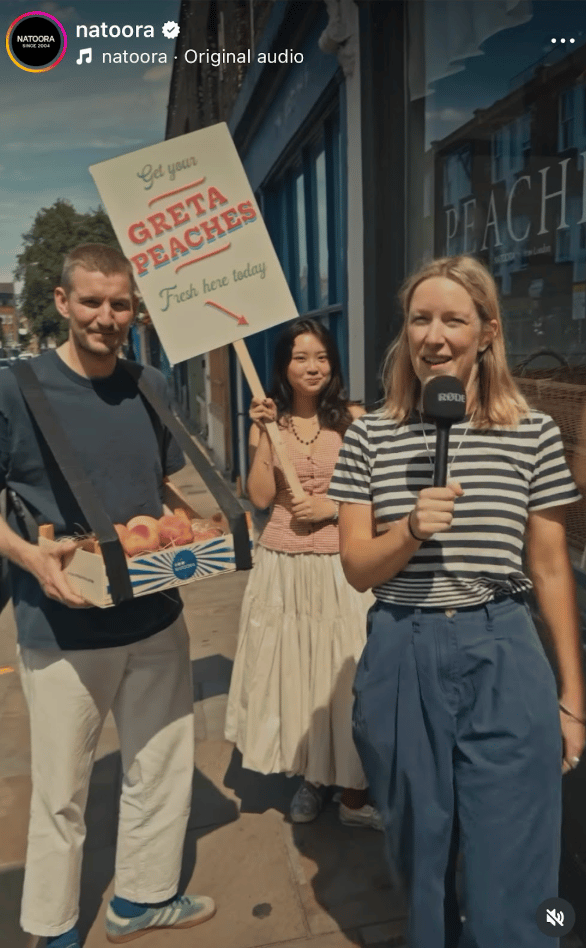
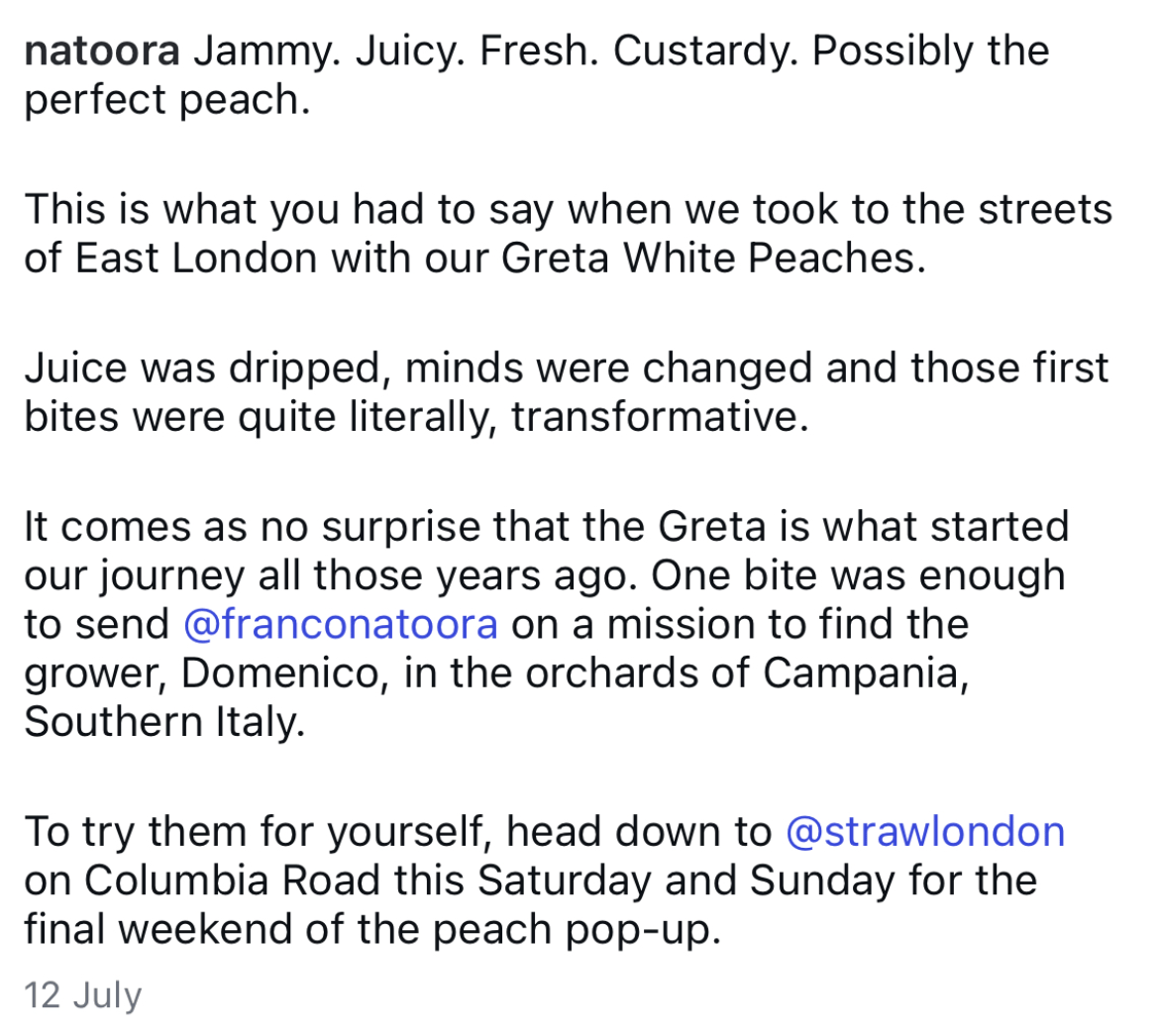
Shadowing a Customer Accounts Manager
(Samples meeting with the Head Chef of a recently Michelin awarded restaurant)
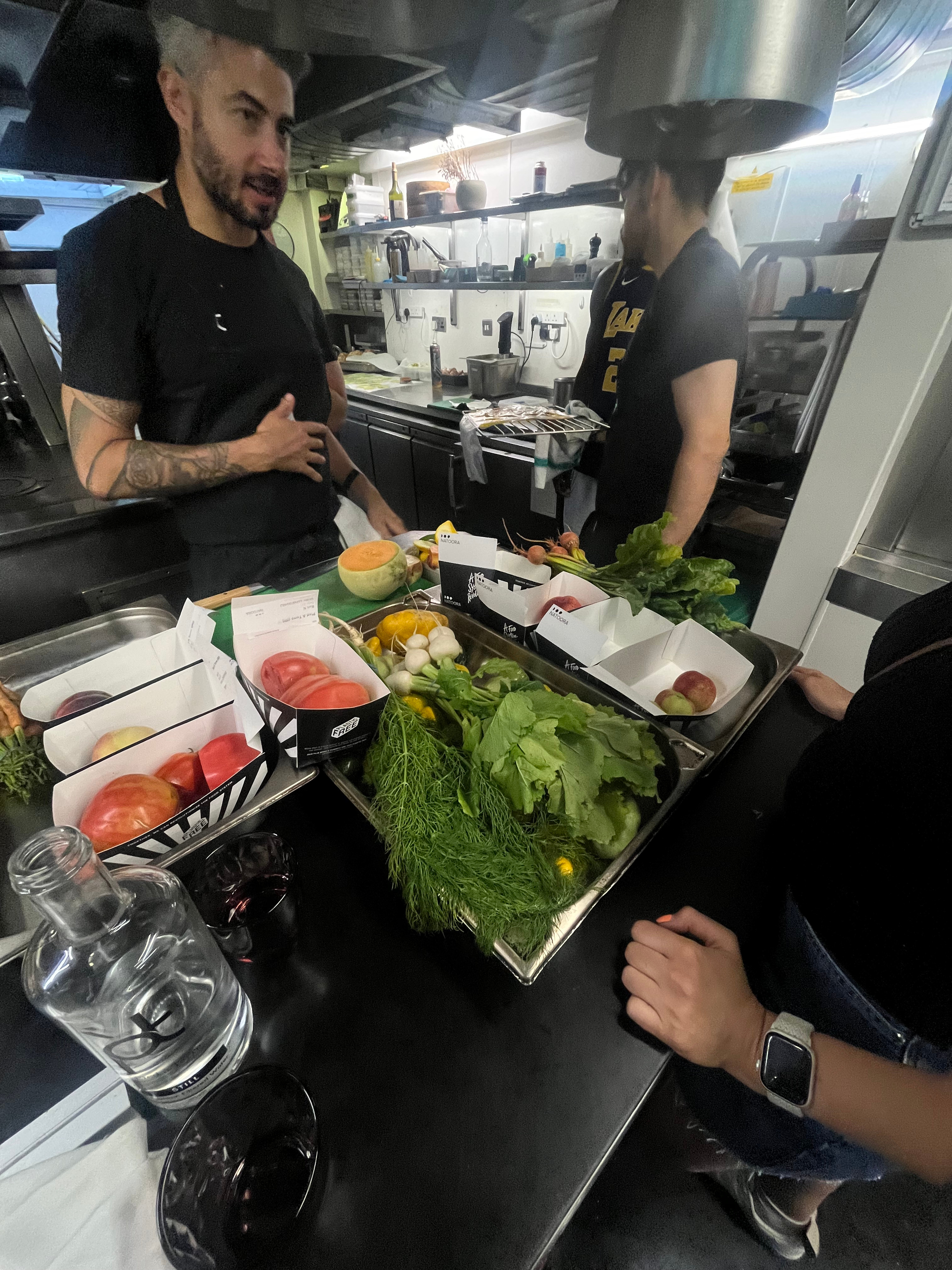
The Weekly Fruit and Vegetable Meeting
(Samples of this week's produce from around the continent line the table, the Buying team shares information about the produce and growers while bowls of bite sized pieces are faced around for our sampling)
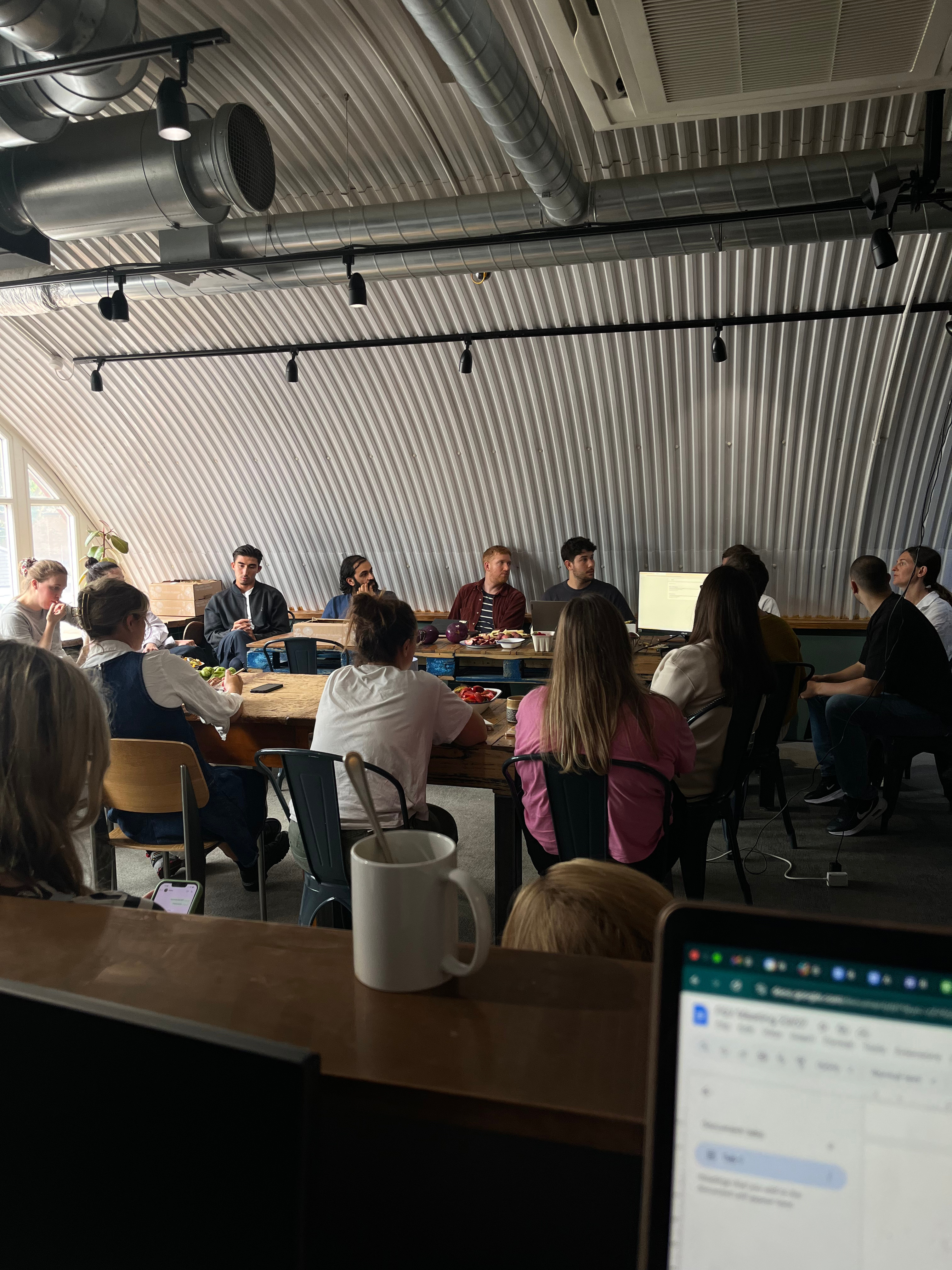
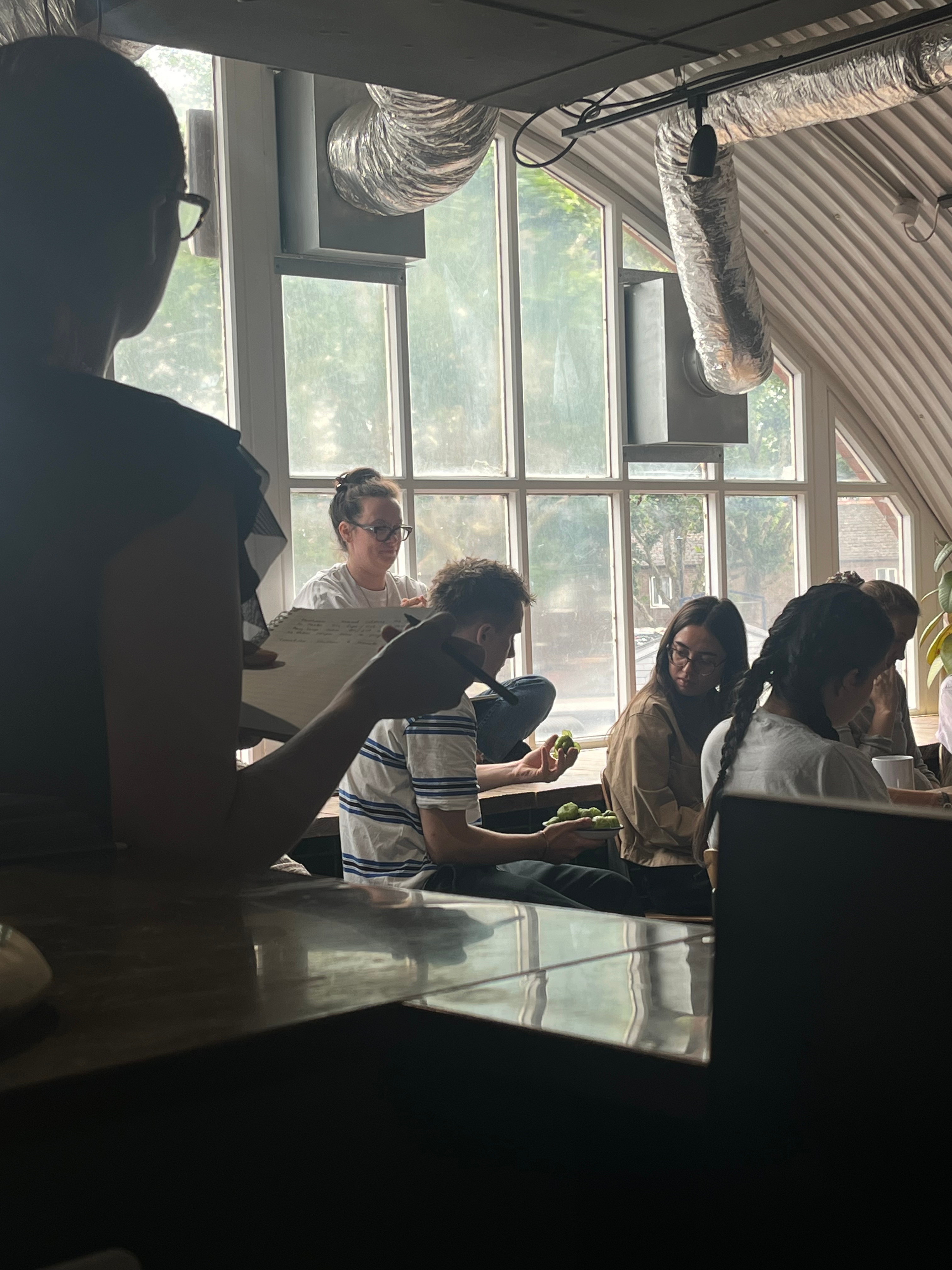
Heirloom Tomato Project collaboration event
(Amal, a former farmer in the US stationed to answer questions about the seed saving project he's spearheading and the industry professionals we invited)
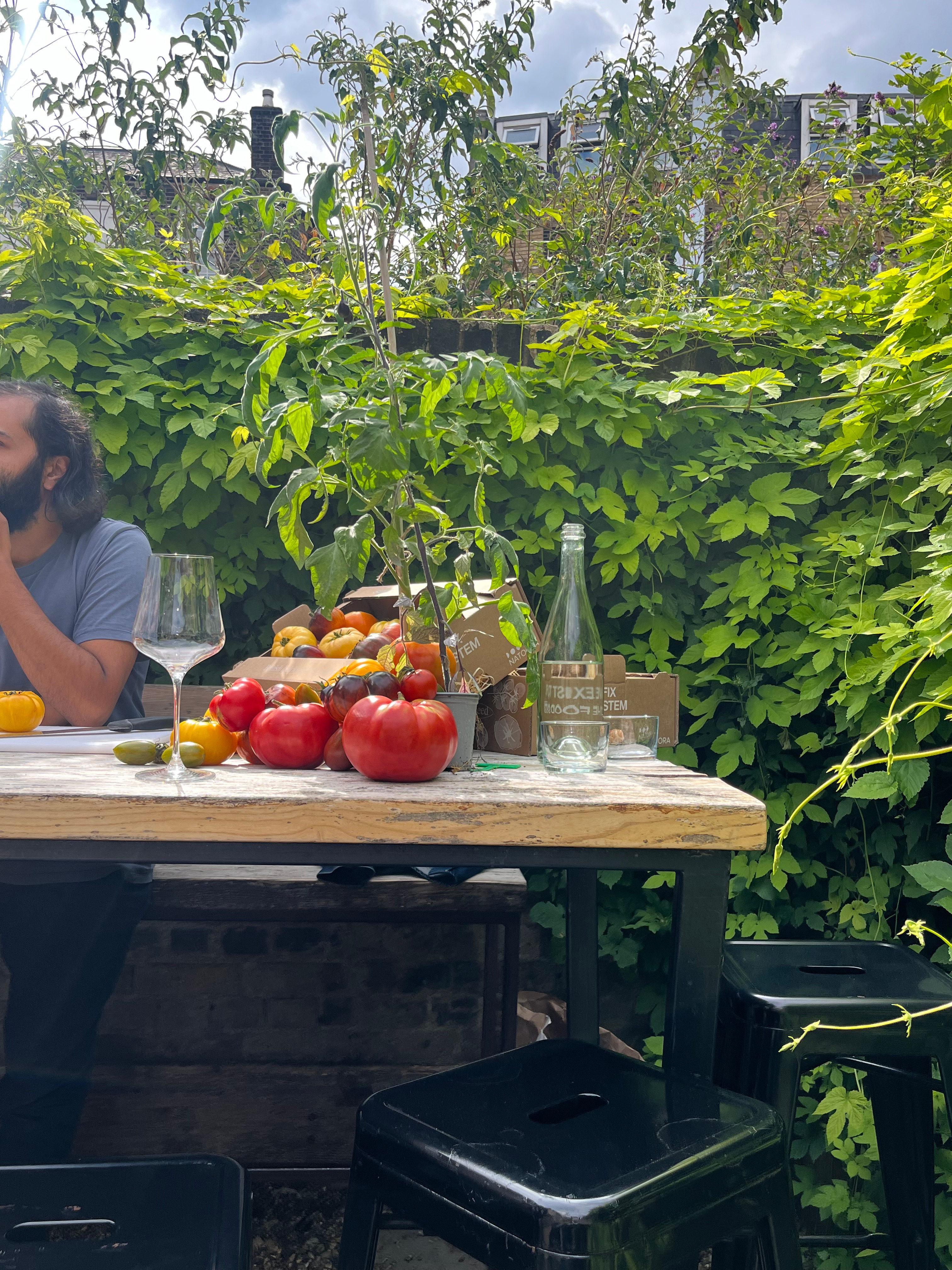
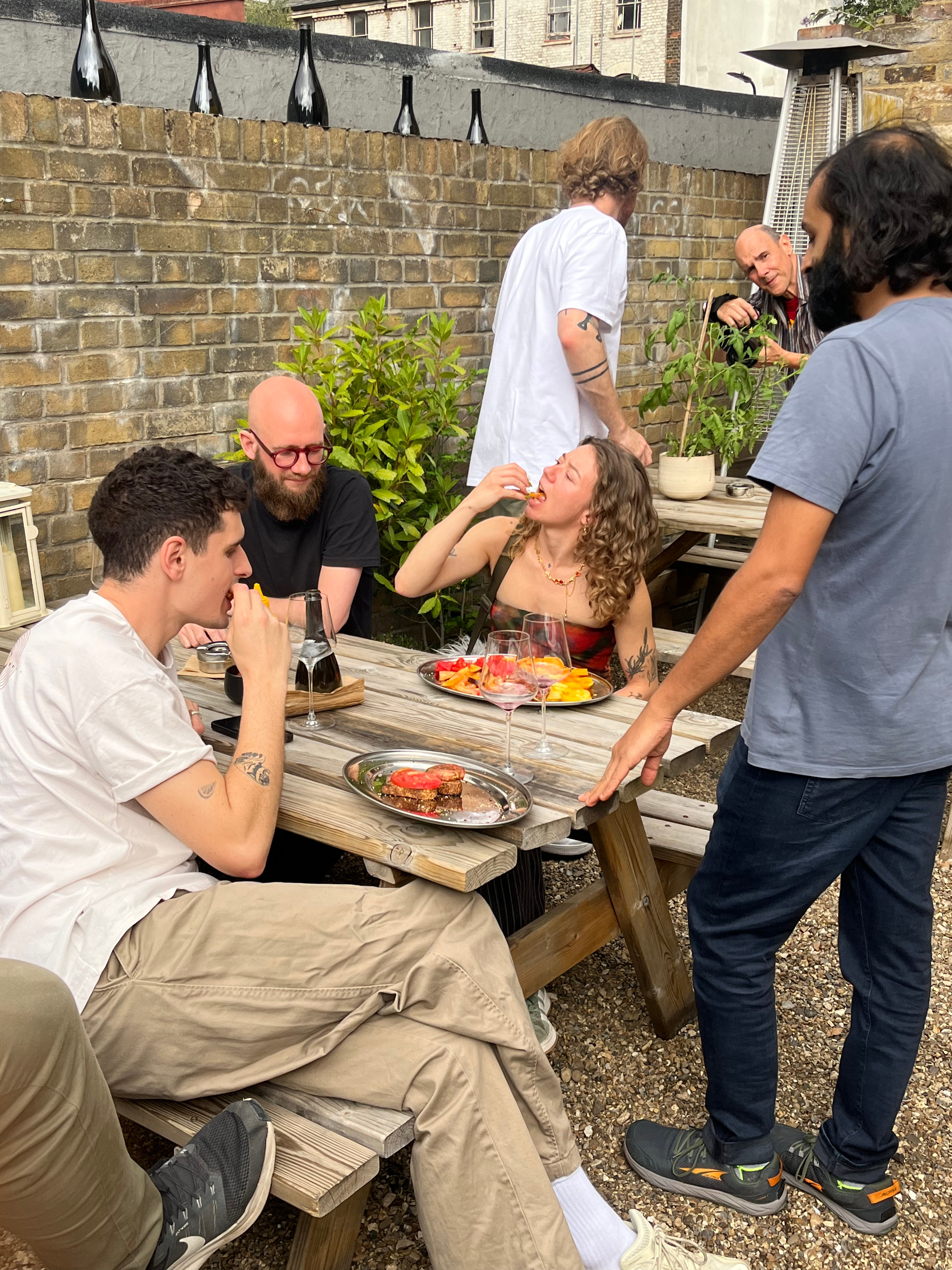
Visit to Natoora's own farm in Liphook
(Tomatoes in the greenhouse, sitting in the back of the tractor to head back to the shed after weeding a batch of Rainbow Chard)
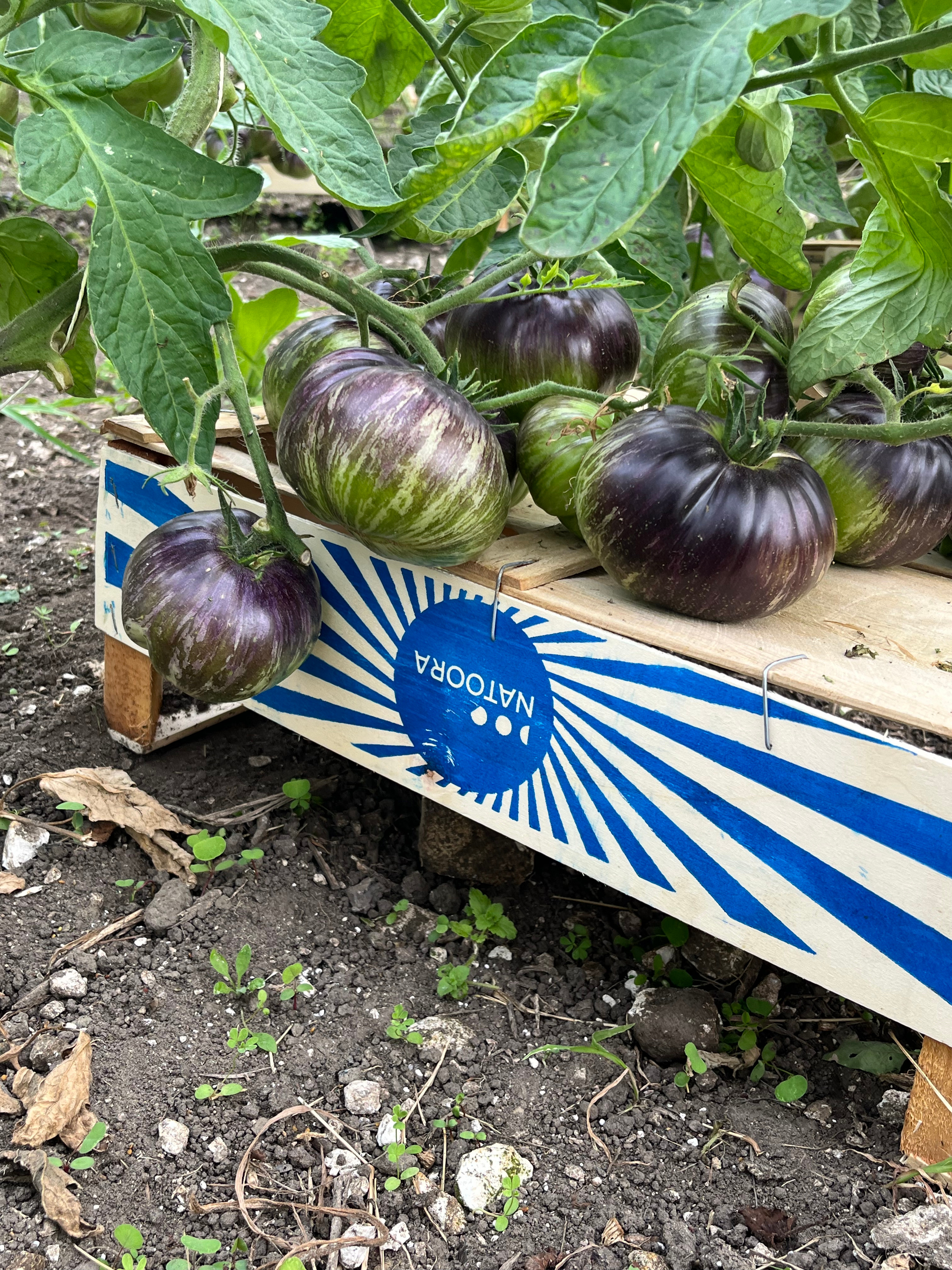
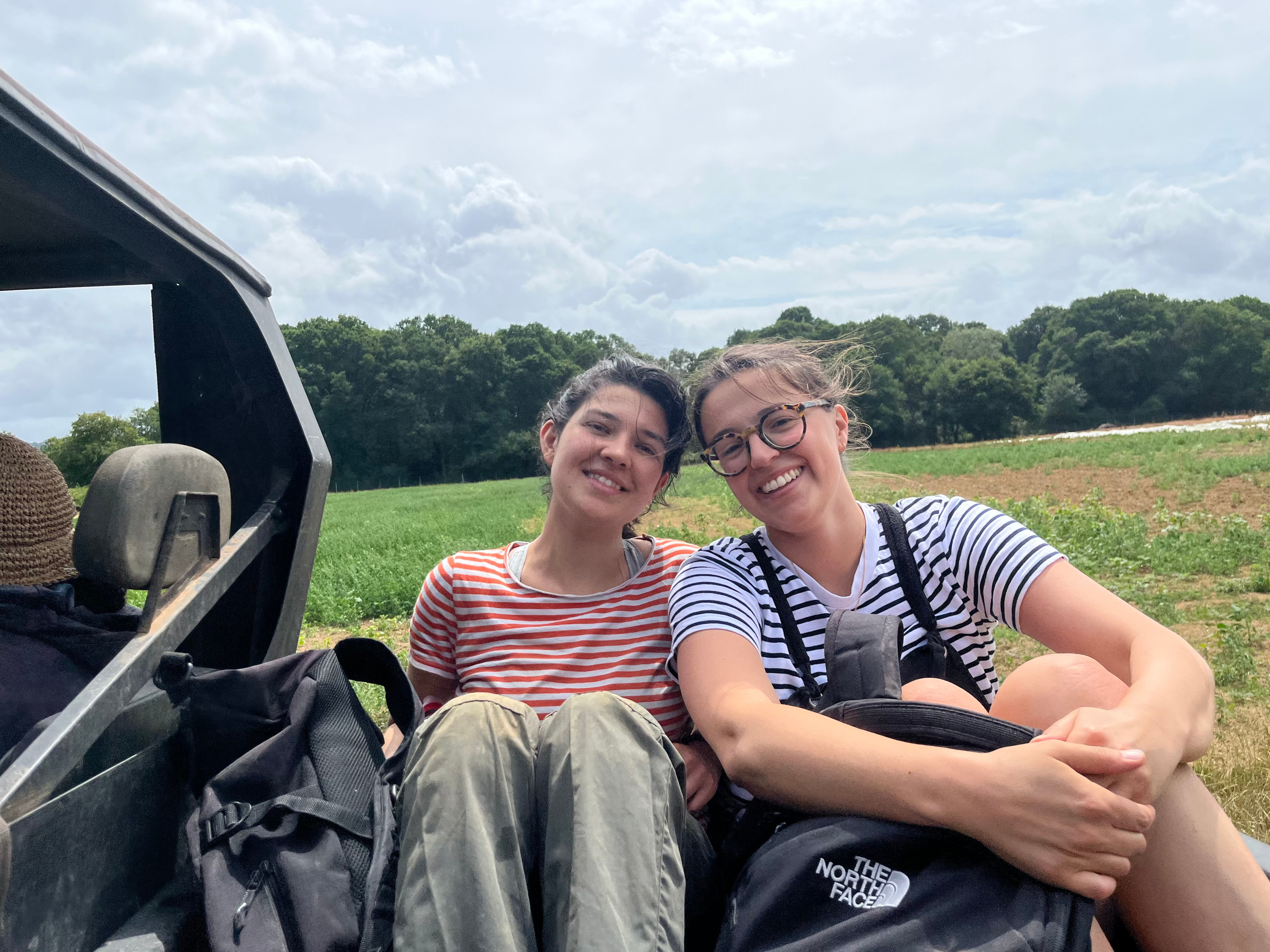
Photography Assistant
(I often followed the in-house photographer along to various shoots, this was for an IG post showcasing summer stone fruit varieties)
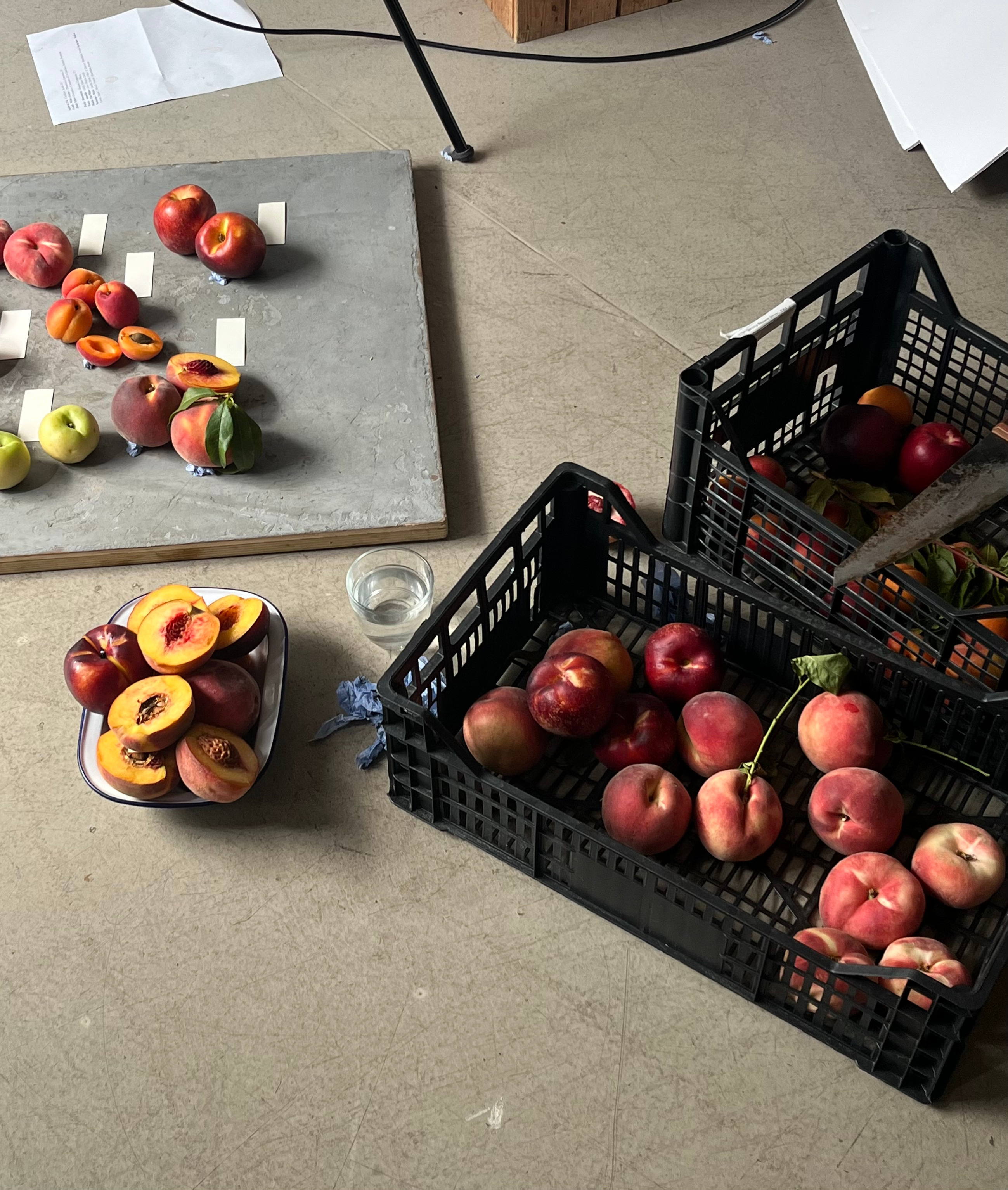
Some other contributions
(Interview research and questions for a piece with a chef, copy for daily posts seen by chefs who order produce from us, another IG caption I wrote)
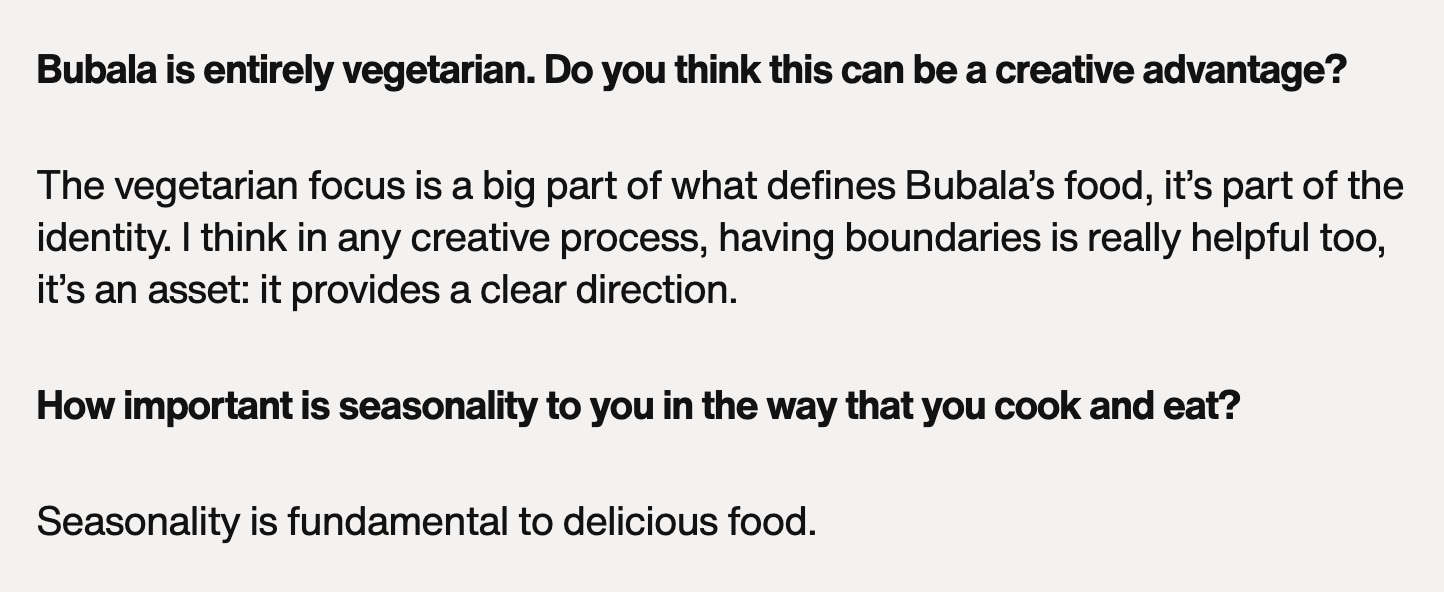
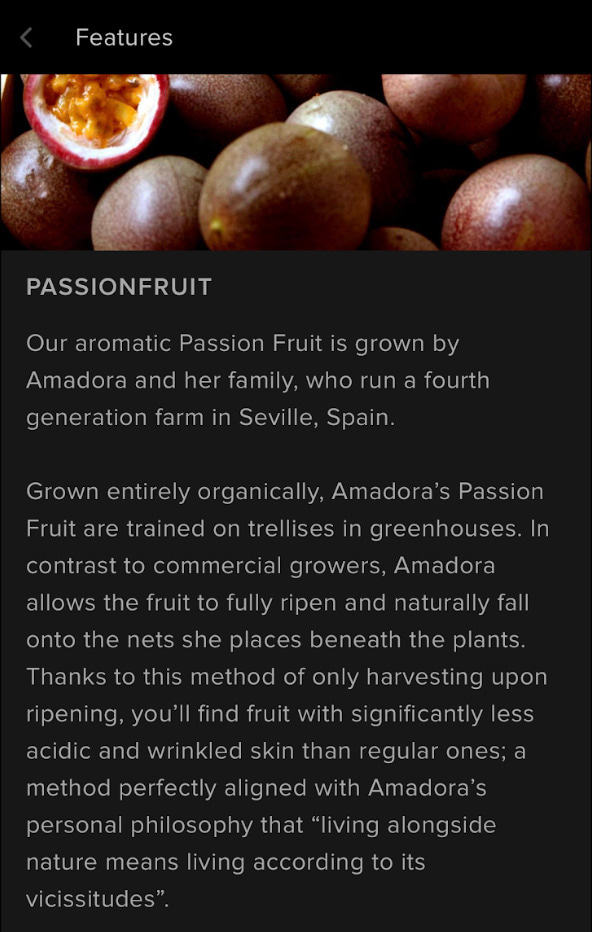
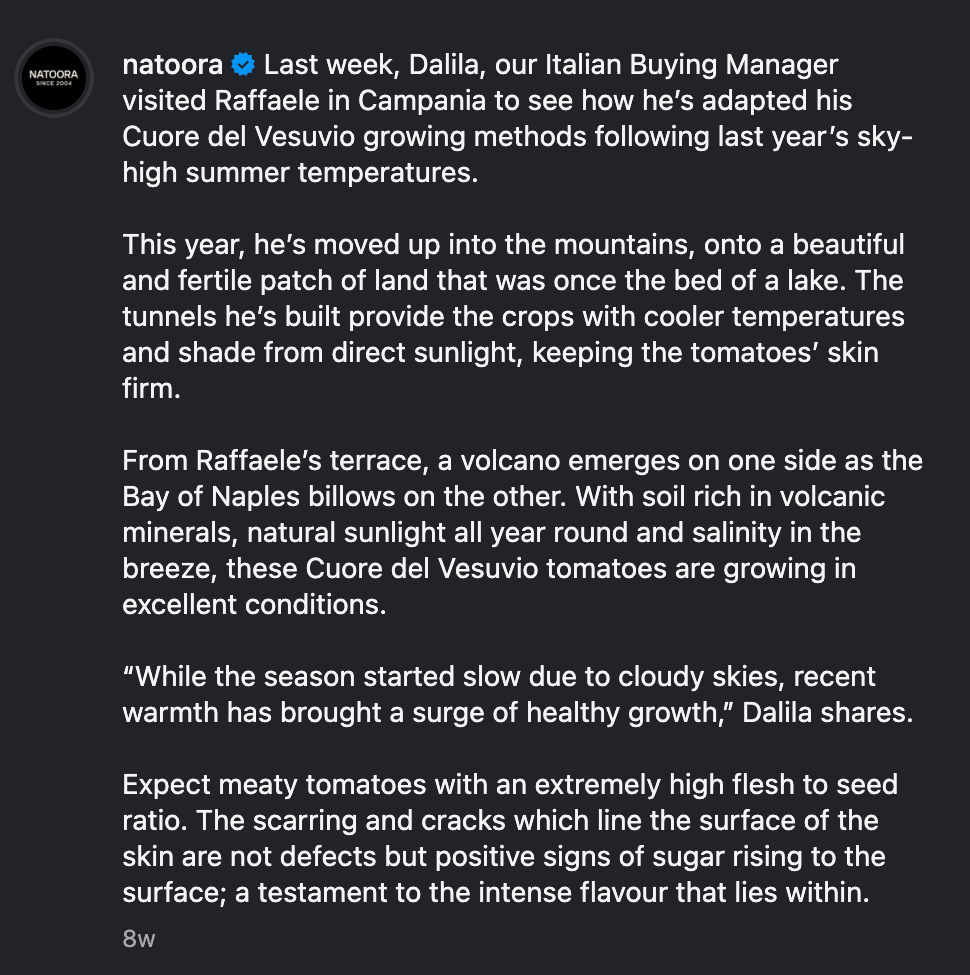
In the end, I discovered something surprising: what I thought was my greatest weakness; my lack of subject matter expertise in fresh produce and London’s F&B scene, turned out to be my greatest strength. It was precisely my initial skepticism which made me representative of the toughest members of the public Natoora would have to win over.
Through cultivating this intimate understanding of the organisation, I was then able to produce a detailed presentation on recommendations for reformulating the brand’s tone of voice. In particular, I argued the brand was not utilising its signature emphasis on provenance of produce to its fullest extent. While listing the name of the grower behind every fruit or vegetable sold started as a demonstration of personal connection between Natoora and its growers, other companies, even ones who don’t actually have that relationship of trust and respect, have taken to using the same tactic as a marketing ploy to feign sustainability. In particular, I highlighted this example from LApparels.
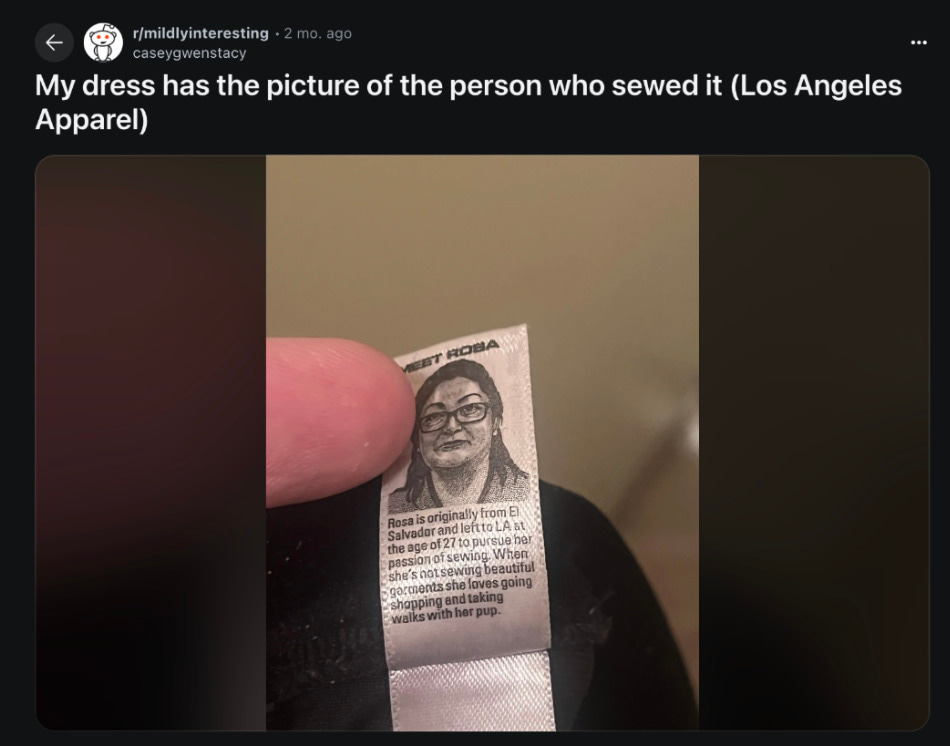
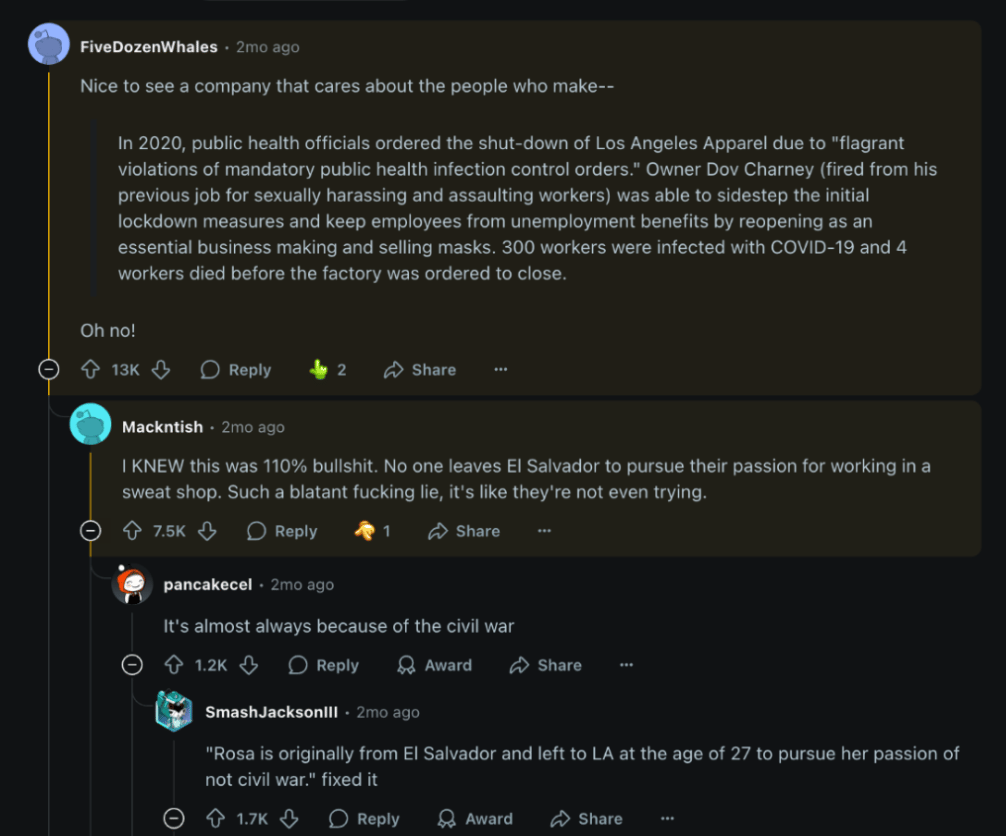
Consumers are increasingly cautious of companies’ bids for our stamp of ethical approval, so why give people room to accuse you of green-washing when you really are putting in the work?
The high price points of Natoora’s products unattainable for a lot of us is not indicative of needless greed but rather a symptom of the severe damage mass commercialisation has done to our food system, such that doing things the natural way is not the norm but the exception which requires a high price tag to sustain. Understanding this eye-opening lesson was something I achieved through getting to spend 6-weeks speaking, eating, farming, writing, documenting and walking with Natoora; I hope that my contributions enable these insights to better reach everyone, and not just those who have the privilege to embark on such a placement.
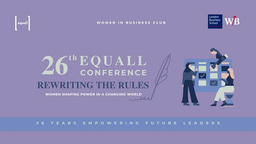

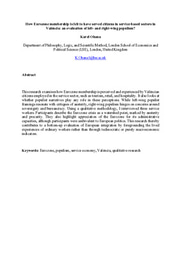
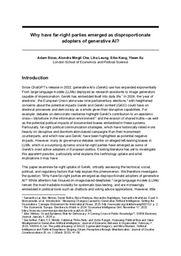
Please sign in
If you are a registered user on Laidlaw Scholars Network, please sign in